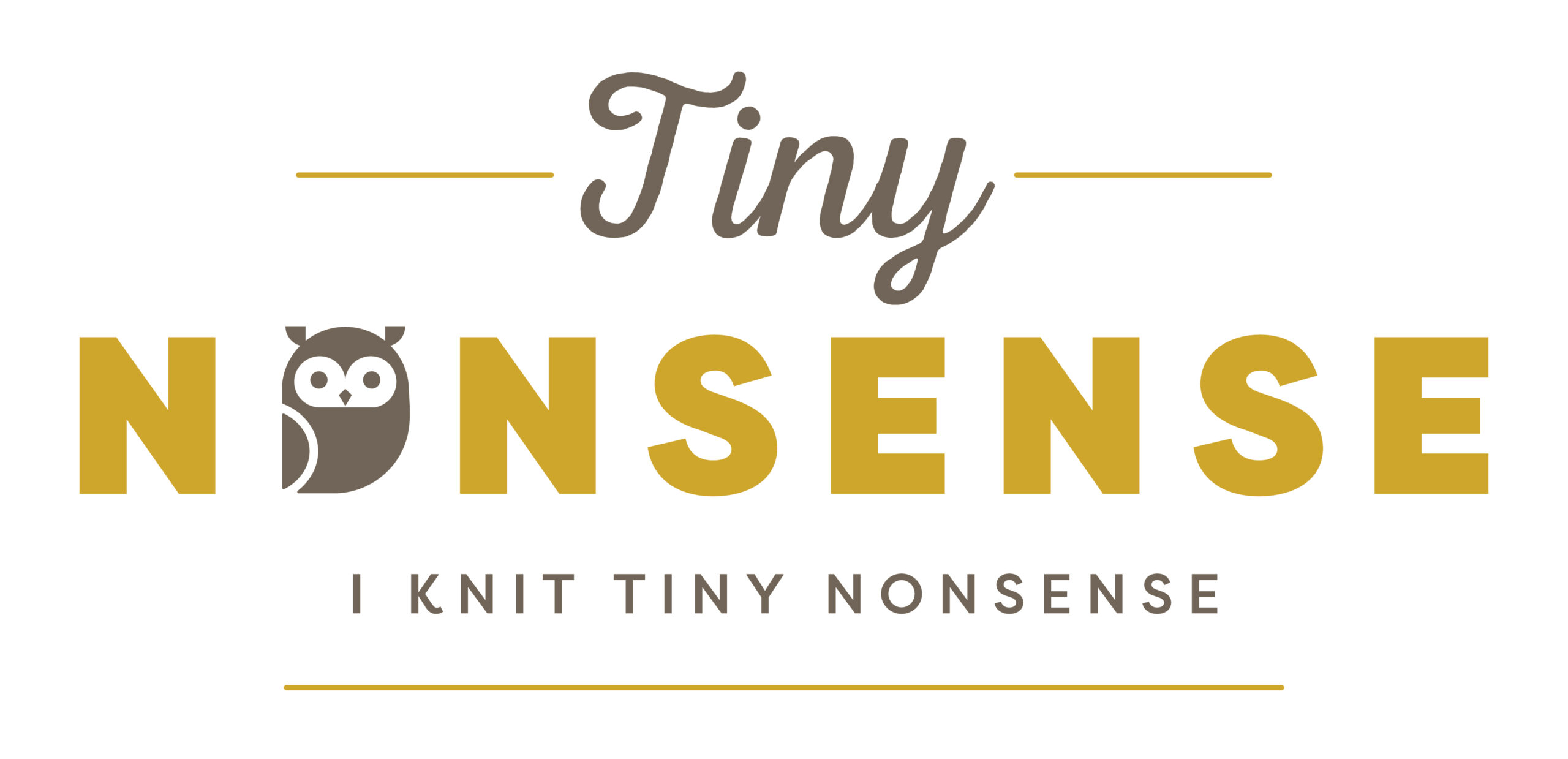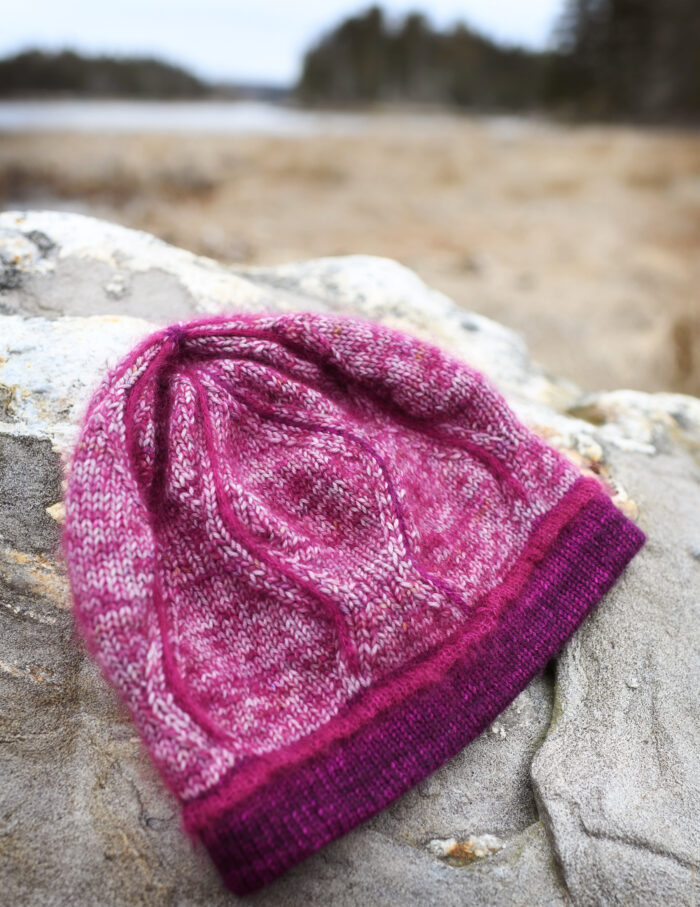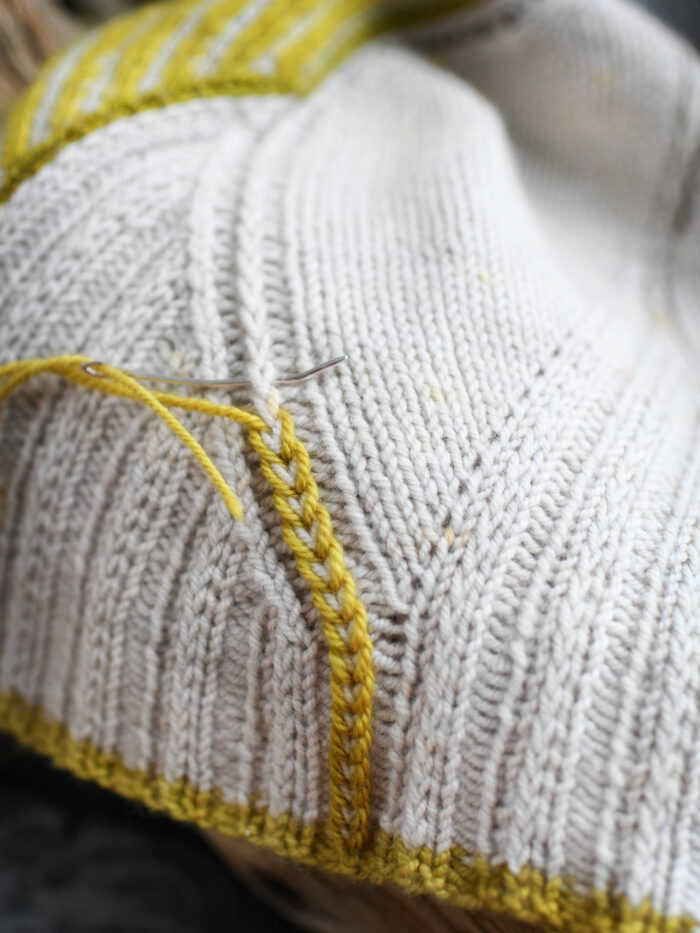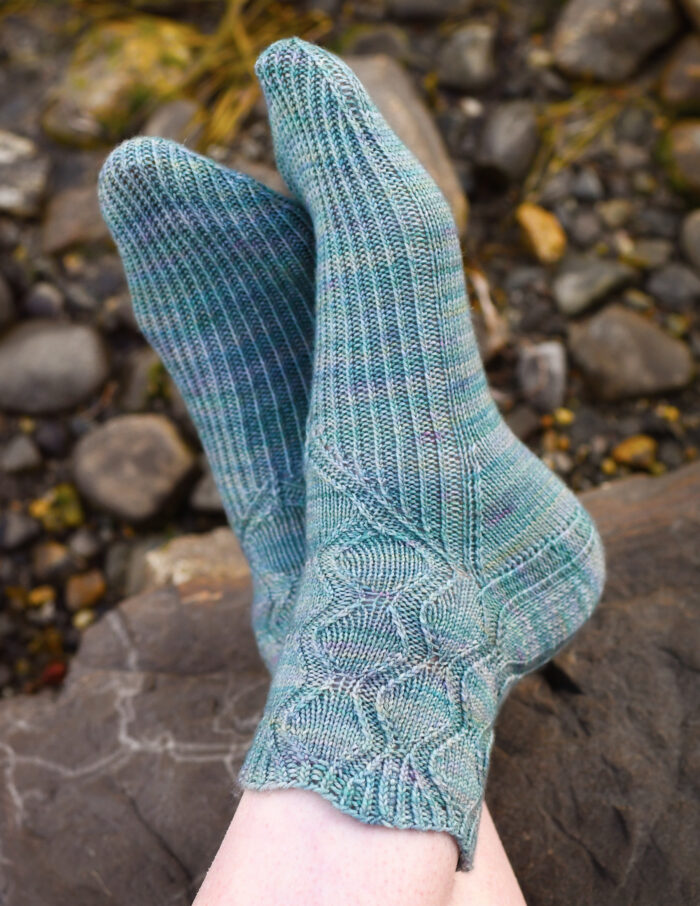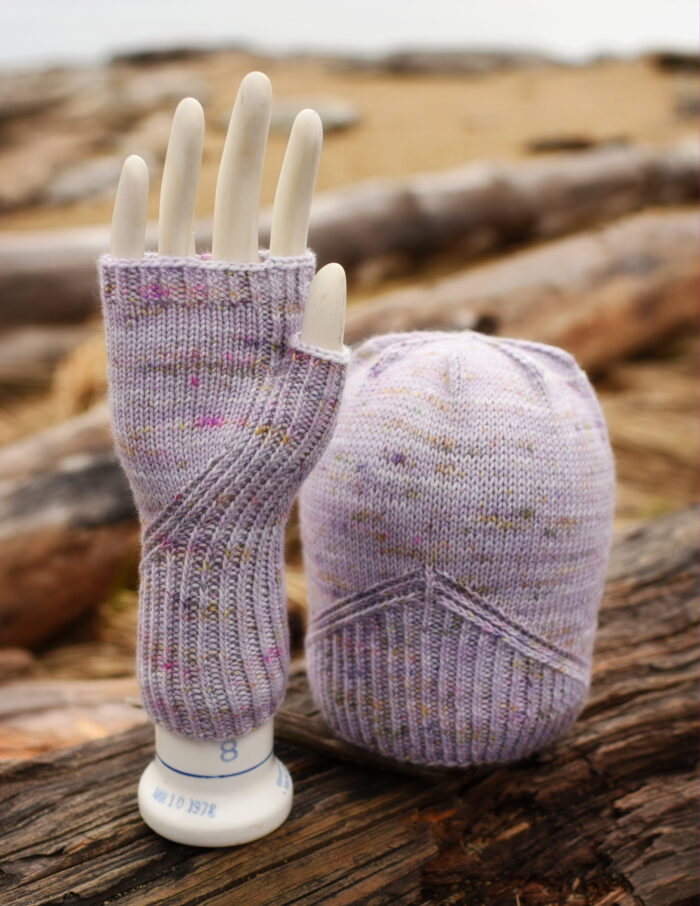Keep It Up
Last week was a bit of a rollercoaster. It started when I learned that someone was selling scans of one of my books on Etsy. I asked Etsy to take the listing down, and they did. Then I asked them to take down the seller’s shop (everything in it was clearly stolen). They didn’t, despite fervent claims that they take copyright issues seriously.
So I told you about it and asked you to help me persuade Etsy to fix it. And you did! The seller’s shop was empty come morning.
Alas, the story doesn’t end there. The very next day I learned of another seller offering illegal copies of my book. I did the same dance again, if with rather less enthusiasm. But this time, rather than asking you guys for help with a specific problem, I thought I’d see if I could do something a bit more general. I thought I’d put together a little guide for what to do if you find stolen work (either your own or that of a creator you like). I suspect it may come in handy far more often than I’d like.
If your work is stolen:
1. Give yourself a minute to freak out. Someone is misusing your work, you’re allowed to be upset. Throw a little tantrum before you set to work fixing it, I won’t tell.
2. Make a record of the problem. Note what’s being sold or given away, where, and by whom. Remember that things on a website can change quickly, so don’t just bookmark the troublesome page, grab a screenshot of it.
3. Get in touch with someone. Sites will often encourage you to contact the seller or member directly and ask them to take down the offending material. I strongly prefer to get in touch with the site itself. They have greater authority to resolve the issue (and I don’t think you should have to ask someone who has stolen your work to pretty please stop committing a crime).
Most big sites have a process for reporting copyright shenanigans. Here are links for Etsy, eBay, Facebook, and Amazon. If you’re having a problem with another site, look for a contact or about page. Be sure to keep copies of any messages you send to them. You’ll usually need to fill out a form or send an email saying your copyright is being violated and giving the details. Be sure to provide all the information they ask for. With big sites, someone almost always responds within 24 hours and takes down the offending material quickly.
It’s a bit trickier for smaller (or less scrupulous) sites, but there are things you can do. The idea is that if the website itself won’t help, their hosting company (those are the folks who make it possible for us to see someone’s website) is supposed to step in. Here is an awesome guide for finding and contacting hosting companies (you want steps 3 and 4). I’ve done this before, and it’s generally pretty easy (including those screenshots you took earlier and the correspondence you sent to the website to back up your request is helpful).
Chances are excellent that your work will be taken down within a day or two. It doesn’t hurt to ask the site to sanction the person who put up the material in the first place. Most sites say they’ll do something about repeat offenders, but it seems to take a bit of prodding to get them to actually do it.
4. Talk about it! This bit is optional, but I think it’s really helpful. It lets you vent your own frustration, educate others, and encourage big websites to take intellectual property rights seriously. Trying to deal with things like this all on your own can feel very isolating, and it’s amazingly reassuring to tell your community about it and let them support you. I know it helped me.
If you find someone else’s stolen work:
1. Tell the creator or publisher of the work. See if the author has a webpage or is on Twitter or Facebook and reach out. If you can’t reach the author, try the publisher. Most publishers have legal departments and will be happy to handle this stuff. You are absolutely doing the creator a favor by informing someone of the problem, and I can pretty much promise they appreciate it.
2. Speak up. Consider letting the website know how you feel about them allowing unscrupulous content. Unfortunately, you can’t officially file a report unless you have some ownership over the intellectual property that is being misused. But you can absolutely tell tell websites that you don’t like it when they allow blatant theft and prefer to spend your time and money on sites that respect creators’ rights. That’s especially powerful if you do it in a public forum (think Twitter or Facebook). Your voice counts, and it’s easier than ever for individuals to speak up and be heard. When enough people do, even the biggest companies listen.
Is this going to totally solve the problem? Nope. The internet makes it alarmingly easy for folks to steal, and someone is always going to misbehave. But it also makes it easy for you to help if you find someone’s work being misused. Even better, it makes it possible for you to tell companies that you don’t like it when they allow that sort of behavior. Along the way, we can maybe sneak in a message or two about valuing creators’ work and choosing not to take advantage of pirated material. If enough of us pay attention and speak out, it does make a difference.
Mailing List
Want to hear when a new pattern comes out or something fun is going on? Sign up below!
Patreon
Want to support the content I create, get nifty bonus material for some of my favorite patterns, or get every new release delivered right to your inbox? Head over to patreon and sign up!
